The first tooth of your baby is a mixture of a rough ride and an exciting milestone for both you and the baby. Teething brings sleepless nights, sore gums, crankiness, and constant drooling. In this phase, safe, gentle teething remedies are effective the most. If you are searching for such teething remedies, you are not alone.
Here is a guide for you, explaining natural teething remedies. Straight from generations of parents and backed by common sense and logic, that works.
When Does Baby Start Teething?
Mostly, babies start teething between 4-7 months. This time can vary; some babies start teething earlier or later than this period. The first to pop through are usually the lower front teeth (central incisors). Most kids, by the age of 3, will have a full set of 20 primary teeth. Signs of your baby’s teething:
- Drooling a lot more than usual
- Chewing or biting on hands, toys, or clothes
- Swollen or red gums
- Irritability or fussiness
- Mild fever (under 100.4°F)
- Trouble sleeping or eating
Teething is a challenging phase for both the baby and you. It’s not a disease. Luckily, your baby’s discomfort can be eased by using natural remedies.
Why Natural Remedies for Teething?

Many parents prefer natural teething remedies to avoid excess chemicals, numbing gels, or over-the-counter medications. Specially for babies under 6 months of age.
Some benefits of natural remedies are:
- Safer for young immune systems
- Often based on traditional or home-based solutions
- Free of artificial preservatives, colors , or alcohol
- Affordable and easily available at home
Let’s have a look at some gentle and safe remedies to help your baby feel better during the teething journey.
Gum Massage with Clean Fingers:
Wash and clean your fingers. Gently massage the gum of your baby in circular motions. Your finger is one of the best teething tools for a baby. The pressure relieves pain, and your baby may even enjoy this activity. You can even use textured silicone finger brushes to do massage.
You can wrap your finger in a damp, cool cloth to provide more comfort.
Breastfeed or Bottle Comfort:
Feeding is a naturally soothing activity for babies. If your baby is being cranky in the teething period, offering the breast or bottle can bring both emotional and physical relief. Irritated and swollen gum can be calmed by sucking motion.
Some babies may bite during feeding with their tiny growing teeth. Watch for biting!
Cold Teething Toys or Chilled Spoon:
Cold toys can reduce swelling and numb the paining gums. Chill a clean washcloth, baby spoon, or teething ring, and let your little master gnaw away. Remember to chill the toys or spoon not to freeze.
Look for BPA-free options. Silicon teethers are preferred as they are soft, durable, and safe for babies.
Chilled Camomile Tea:
Camomile offers a soothing effect. A little drop on the gums of slightly older babies or a message by tea-socked cloth can cause relief from affliction.
It’s better to consult your pediatrician first. Especially, for babies under 6 months.
Teething Necklaces for Parents:
A teething necklace worn by parents, made from food-grade silicon or natural wood, allows the baby to chew and get comfort while being carried or held. In fussy phases, they are convenient and stylish.
Avoid choking or strangulation and don’t ever let your baby wear a teething necklace.
Wooden Teething Rings:
They are old-fashioned, but old is gold. For babies who don’t like plastic, natural wood teething rings (made from untreated, non-splintering wood) can be a satisfying option.
Inspect for cracks regularly. Choose certified-safe brands.
Teething Mittens:
Soft, wearable mittens with textured silicone tips help babies chew safely without dropping the teether, especially during early teething stages.
Cold Washcloth Trick:
Take a clean washcloth. Dip it in clean water or chamomile tea. Twist it and freeze it for 30-45 minutes. Let your baby gnaw it under your supervision. It’s a soothing and cheap remedy.
Natural Teething Gels (Non-Benzocaine):
Look for natural gels made with clove, chamomile, or vanilla—formulated without harmful numbing agents—for a safer topical relief option.
Silicone Feeder with Frozen Fruit:
Fill mesh or silicone feeders with frozen banana, mango, or breastmilk ice for a cool, soothing chew that also introduces taste and texture.
Cuddle and Comfort:
No teething remedy replaces the healing power of your presence. Holding, rocking, singing, or wearing your baby in a carrier brings emotional relief that nothing else can.
Distraction and Family Time:
Sometimes babies face severe teething pain when bored or overtired. Pell your baby with toys, sing them lullaby, and give them your quality time. This distraction will shift your baby’s focus from pain to joy and play activities.
Old Home Remedies for Teething:

Our ancestors and parents had used numerous natural feeding remedies. Here are some old but gold remedies:
Clove oil (very diluted) :
May be used on older babies, but always under medical guidance.
Licorice root sticks :
Rarely used today, but once popular for chewing.
Frozen bagels or crusts :
Used before modern teethers (not recommended now due to choking hazards).
Not all old remedies are safe for your child. Always research ancient remedies before use.
When to Call a Doctor?

Teething is a natural process. It is uncomfortable but shouldn’t cause severe symptoms. Consult your pediatrician if:
- Your baby shows signs of ear infection or pulling.
- Baby has a fever over 100°F.
- Nonstop crying without any specific reason.
- Refuses to eat for more than 12 hours.
Things Parents Should Keep in Mind:
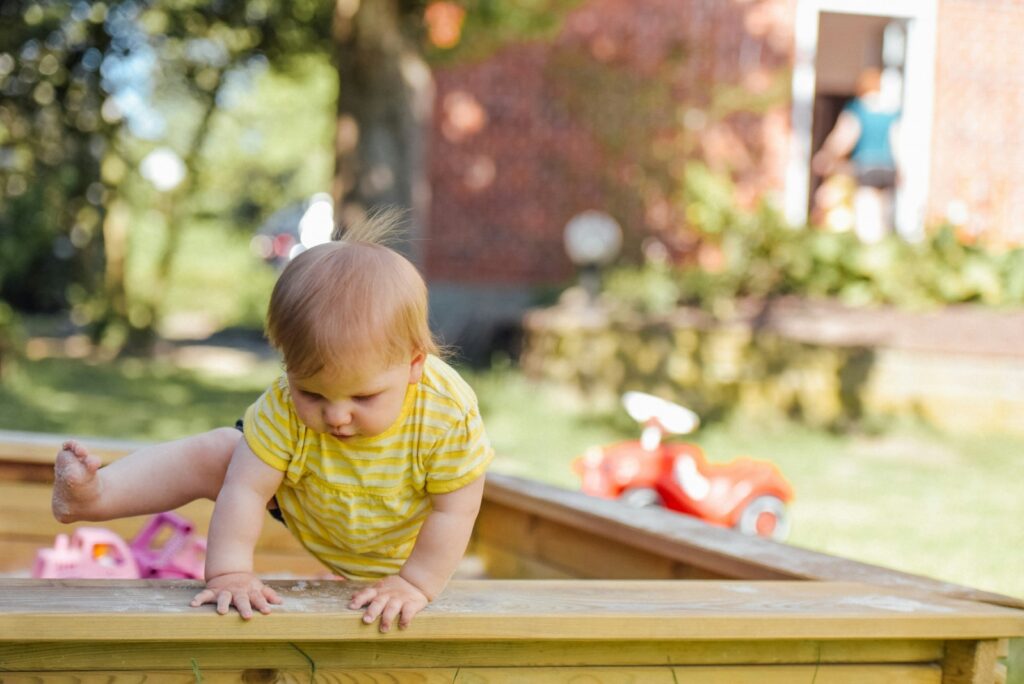
It’s hard for parents to watch their baby in pain and discomfort. Parents also face sleep deprivation and exhaustion. Here are some reminders for parents:
- Teething is temporary.
- You’re not doing anything wrong.
- It’s okay to feel tired or overwhelmed.
- Your calm helps your baby stay calm.
Cooperate with your partner. Accept help from others. The baby will get molars. It’s a temporary phase.
Frequently Asked Questions:
1: How can I help the baby to sleep during teething?
Massage their gum and give them a cold teether before sleeping. Use natural remedies. Soothe your baby by hugging, comforting, or cuddling.
2: How long does the teething phase last?
Teething can start early from 3 months of age and can last till 3 years of age. Each tooth eruption causes pain and discomfort, but using natural teething remedies can help.
3: what food can I give to my teething baby?
If your baby has started eating solid, try giving them cold, mashed fruits and baby food. This will help them to easily swallow the soft food, without causing any soreness.
4: What is the safest teething toy material?
Silicone and natural rubber are considered the safest materials for teething toys. Avoid items with small parts, toxins, or anything that can break apart.
5: Do babies get diarrhea due to teething?
A lot of parents have reported it, but there is no solid medical proof. If your baby is facing loose stool problems while teething, be on the safe side and consult your doctor.
Teething may test your patience, but it’s a sign that your little ones are growing just as they should. With support and using the remedies mentioned above you can help your baby get through this discomfort gently and safely. Every baby is different in their needs. Some need more rest others need cuddles, toys, and affection. Try what works best, skip what does not. Grace yourself along the way.

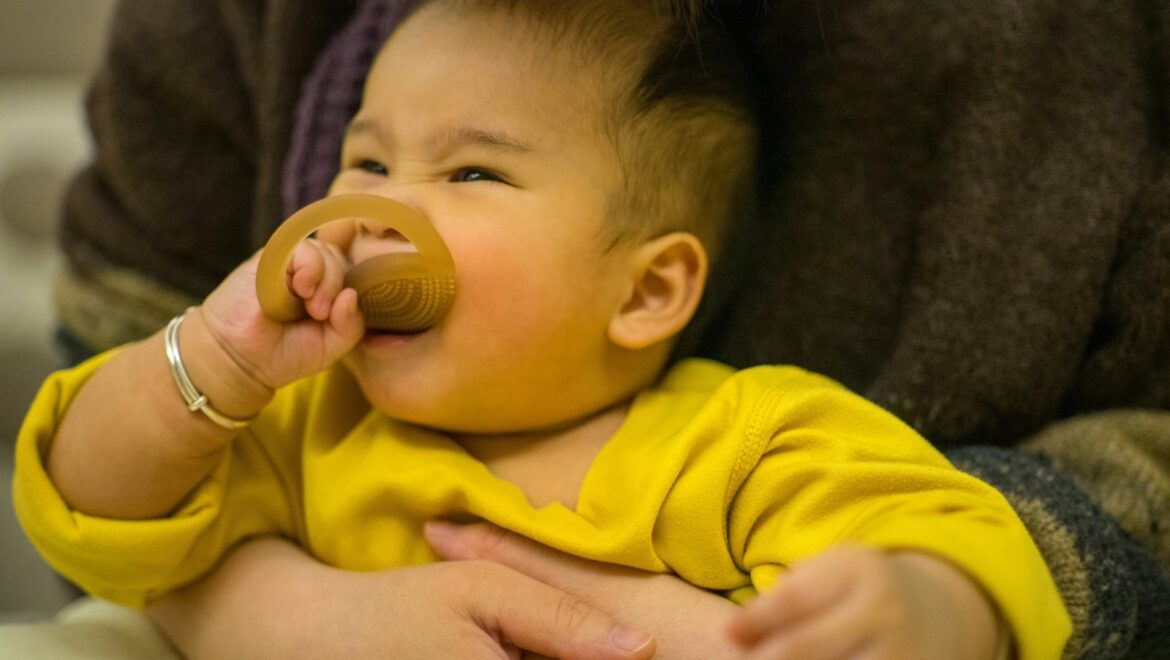
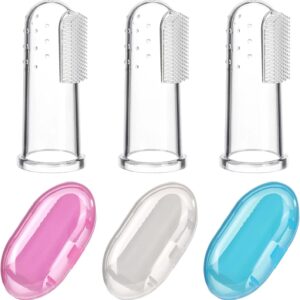

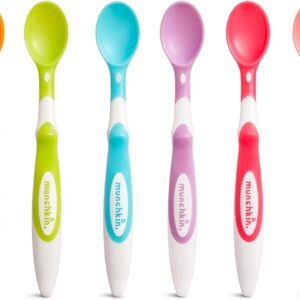
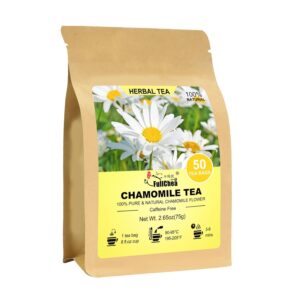
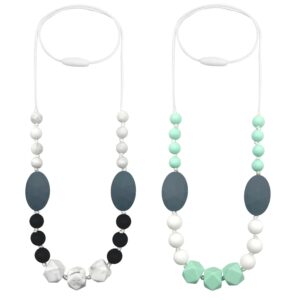
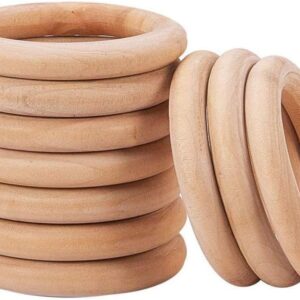
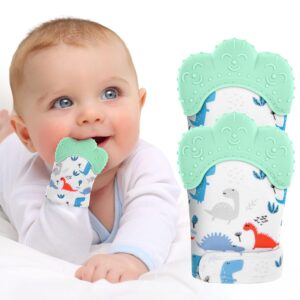
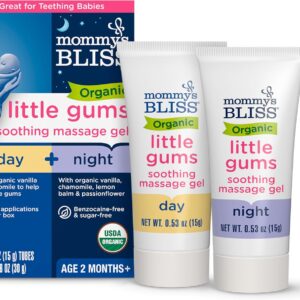
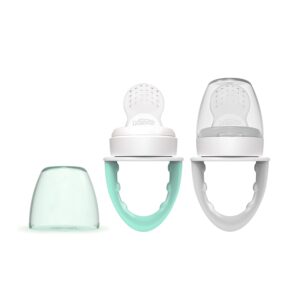
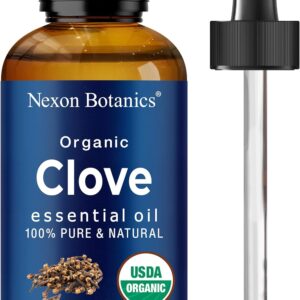
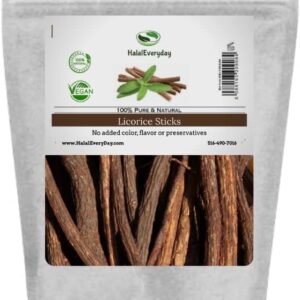
Add Comment